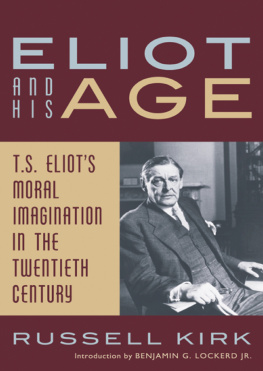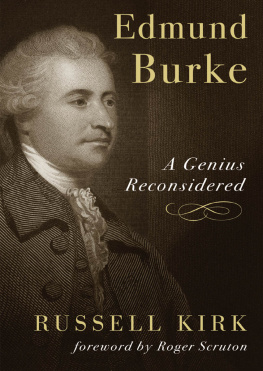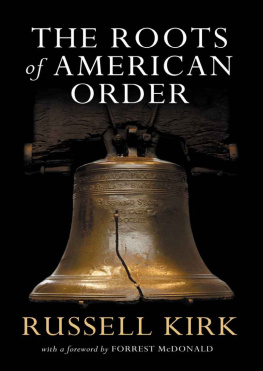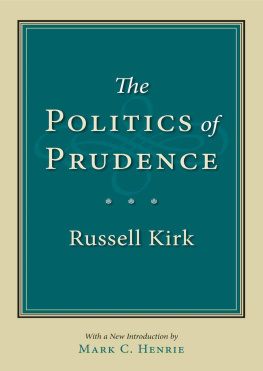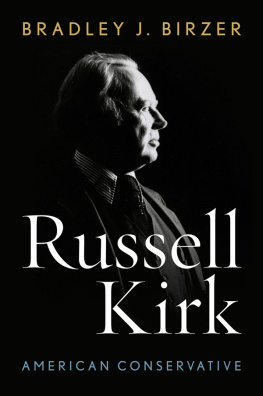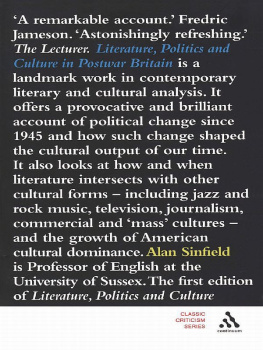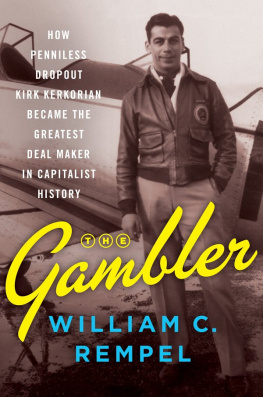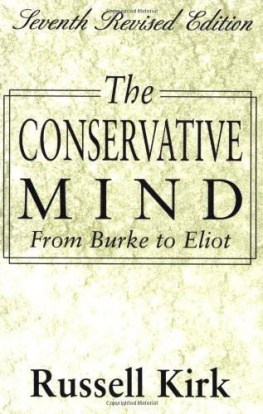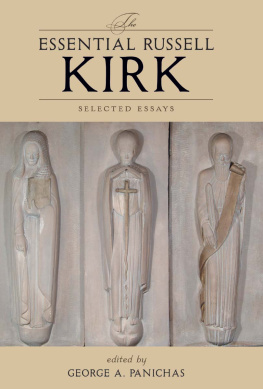AMERICAS BRITISH CULTURE
Library of Conservative Thought
Americas British Culture, Kirk
Authority and the Liberal Tradition, Heineman
A Better Guide Than Reason, Bradford
Burke Street, Scott-Moncrieff
The Case for Conservatism, Wilson
Cline, Hindus
Character and Culture, Babbitt
Collected Letters of John Randolph to John Brockenbrough, Shorey
Congress and the American Tradition, Burnham
Conservatism: Dream and Reality, Nisbet
A Critical Examination of Socialism, Mallock
Edmund Burke: Appraisals & Applications, Ritchie
Edmund Burke: The Enlightenment & Revolution, Stanlis
Edmund Burke and the Natural Law, Stanlis
The Essential Calhoun, Wilson
The Foundations of Political Science, Burgess
Ghosts on the Roof, Chambers
The God of the Machine, Paterson
A Historian and His World, Scott
Historical Consciousness, Lukacs
I Chose Freedom, Kravchenko
I Chose Justice, Kravchenko
Irving Babbitt, Literature, and the Democratic Culture, Hindus
The Jewish East Side 1881-1924, Hindus
Law Without Force, Niemeyer
Lord George Bentinck, Disraeli
The Moral Foundations of Civil Society, Roepke
Moral Phenomena, Hartmann
Moral Values, Hartmann
Natural Law, dEntrves
On Divorce, de Bonald
Orestes Brownson, Kirk
The Phantom Public, Lippmann
Political Philosophy and Cultural Renewal, Wilson
Politics of the Center, Starzinger
Regionalism and Nationalism in the United States, Davidson
Rousseau and Romanticism, Babbitt
The Social Crisis of Our Time, Roepke
Tensions of Order and Freedom, Menczer
The Vision of Richard Weaver, Scotchie
The Voegelinian Revolution, Sandoz
We the People, McDonald
First published 1993 by Transaction Publishers
Published 2017 by Routledge
2 Park Square, Milton Park, Abingdon, Oxon OX14 4RN
711 Third Avenue, New York, NY 10017, USA
Routledge is an imprint of the Taylor & Francis Group, an informa business
Copyright 1993 by Taylor & Francis.
All rights reserved. No part of this book may be reprinted or reproduced or utilised in any form or by any electronic, mechanical, or other means, now known or hereafter invented, including photocopying and recording, or in any information storage or retrieval system, without permission in writing from the publishers.
Notice:
Product or corporate names may be trademarks or registered trademarks, and are used only for identification and explanation without intent to infringe.
Library of Congress Catalog Number: 92-13217
Library of Congress Cataloging-in-Publication Data
Kirk, Russell.
Americas British culture / Russell Kirk.
p. cm. (The Library of conservative thought)
Includes index.
ISBN: 978-1-4128-0457-8
1. United StatesCivilizationBritish influences. I. Title. II. Series.
E169.1.K549 1992
306'.0973dc20
92-13217
CIP
ISBN-13: 978-1-4128-0457-8 (pbk)
1
The Necessity for a General Culture
What Does Culture Mean?
This slim book is a summary account of the culture that the people of the United States have inherited from Britain. Sometimes this is called the Anglo-Saxon culturealthough it is not simply English, for much in British culture has had its origins in Scotland, Ireland, and Wales. So dominant has British culture been in America, north of the Rio Grande, from the seventeenth century to the present, that if somehow the British elements could be eliminated from all the cultural patterns of the United Stateswhy, Americans would be left with no coherent culture in public or in private life.
When we employ this word culture, what do we signify by it? Does culture mean refinement and learning, urbanity and good taste? Or does this culture mean the folkways of a people? Nowadays the word may be employed in either of the above significations; nor are these different meanings necessarily opposed one to the other.
Our English word culture is derived from the Latin word cultus, which to the Romans signified both tilling the soil and worshipping the divine. In the beginning, culture arises from the cult: that is, people are joined together in worship, and out of their religious association grows the organized human community. Common cultivation of crops, common defense, common laws, cooperation in much elsethese are the rudiments of a peoples culture. If that culture succeeds, it may grow into a civilization.
During the past half-century, such eminent historians as Christopher Dawson, Eric Voegelin, and Arnold Toynbee have described the close connections between religion and culture. As Dawson put it in his Gif ford Lectures of 1947,
A social culture is an organized way of life which is based on a common tradition and conditioned by a common environment.... It is clear that a common way of life involves a common view of life, common standards of behavior and common standards of value, and consequently a culture is a spiritual community which owes its unity to common beliefs and common ways of thought far more than to any unanimity of physical type.... Therefore from the beginning the social way of life which is culture has been deliberately ordered and directed in accordance with the higher laws of life which are religion.
Dawson gives us here a quasi-anthropological definition of culture. At the beginning of the twentieth century, historians and men of letters would have raised their eyebrows at this sociological approach. The principal dictionaries of nine decades ago offered diverse definitions of the wordthe agricultural meaning, the biological one, the bacteriological one, and others; but the common apprehension of culture ran much like this: The result of mental cultivation, or the state of being cultivated; refinement or enlightenment; learning and taste; in a broad sense, civilization, as, a man of culture.
This latter employment of the word, connoting personal achievement of high standards in manners, taste, and knowledge, conjuring up the image of the virtuoso, is not archaic today. But the prevailing anthropological understanding of the word signifies the many elements which a people develop in common. We may take as a working anthropological definition that offered by H. J. Rose, in a footnote to his


